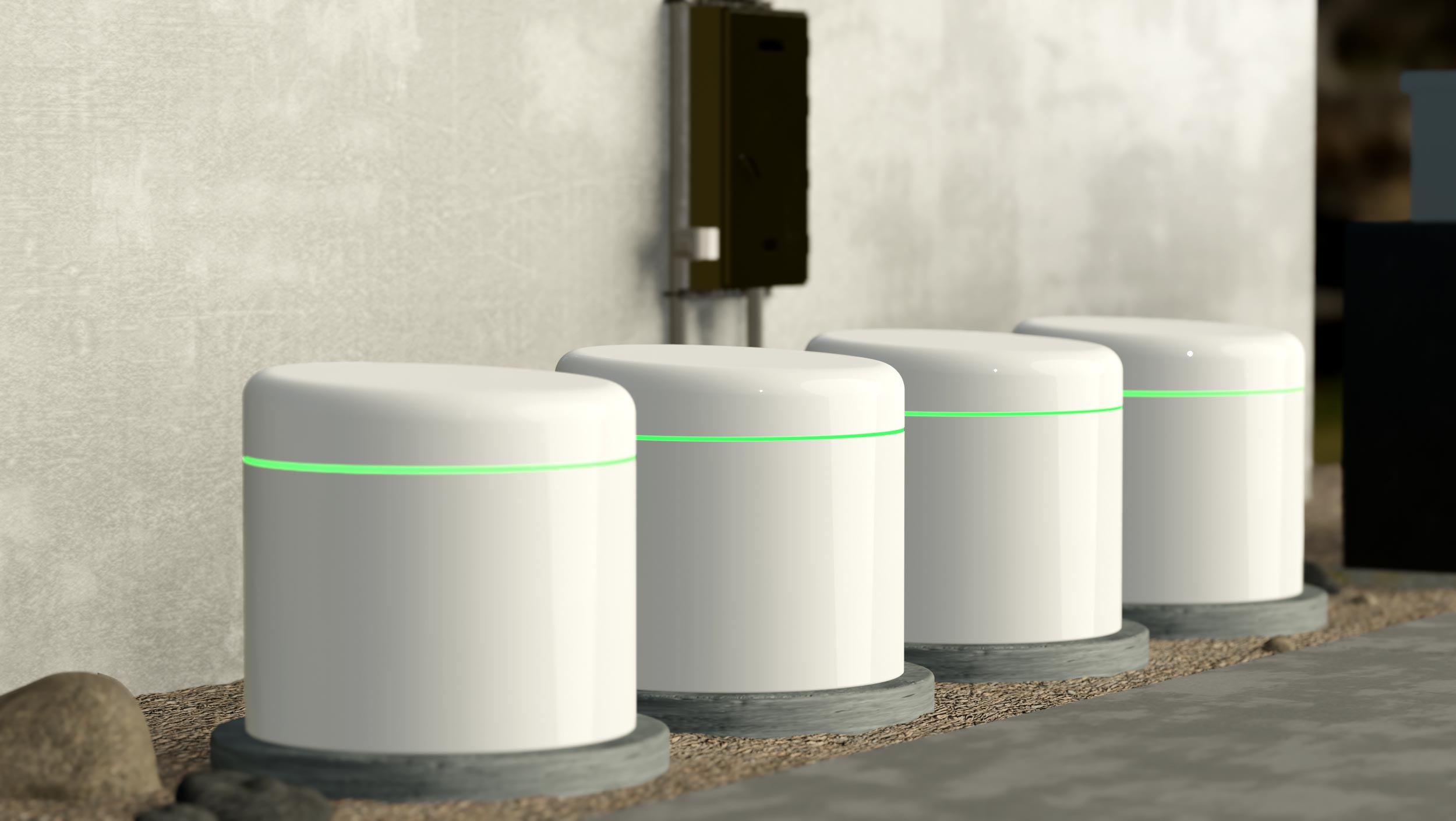How Do Electric Car Batteries Work?
The important nuts and bolts of EV batteries
Electric car batteries play a crucial role in powering the future of transportation, providing the energy needed to propel vehicles efficiently and sustainably. Having an idea of how electric car batteries work is key to understanding the capabilities and limitations of electric vehicles (EVs). Let’s dive in.
- The Battery: At the heart of an electric car battery is a rechargeable lithium-ion battery pack. This advanced battery technology has become the industry standard due to its high energy density, longevity, and reliability. The battery pack consists of multiple individual battery cells, connected in series and parallel configurations, to achieve the desired voltage and capacity.
The lithium-ion cells store electrical energy in chemical form. When the vehicle is plugged into a charging station, the battery management system controls the flow of electricity from the power source to the battery pack. During this charging process, lithium ions move from the positive electrode (cathode) to the negative electrode (anode) within each cell, creating a chemical imbalance.
When it's time to hit the road, the battery pack supplies electricity to the electric motor, which drives the wheels and propels the vehicle forward. The flow of electricity is reversed, causing the lithium ions to move back to the cathode, releasing energy in the process. This energy powers the motor and allows the car to move. - Charging: One of the key advantages of electric car batteries is their ability to be recharged. Charging an electric car can be done through a few different methods, including home charging stations, public charging infrastructure, and fast-charging stations. The time required to charge an electric car depends on factors like battery size, charging rate, and available power source, but advancements in charging technology are continually reducing charging times, making electric vehicles more convenient and accessible.
- Range: The range of an electric car is simply how far it can travel on a single charge, and it’s influenced by a few factors. The battery's energy capacity, the efficiency of the electric motor, driving conditions, and individual driving habits all play a role. Manufacturers are continuously working to improve battery technology, increasing energy density and extending the range of electric vehicles to meet consumer needs.
- Considerations: While electric car batteries have made significant strides in recent years, there are still challenges to address and overcome. Repeated charge and discharge cycles can gradually reduce the battery's capacity, leading to battery degradation. But with proper battery management systems and advancements in battery chemistry, the longevity of electric car batteries is improving.
The sustainability of electric car batteries is another consideration. The mining and extraction of raw materials, such as lithium and cobalt, can raise environmental and social concerns. However, continuous efforts are underway to develop more sustainable battery technologies and improve the recycling and reuse of battery components.
Electric car batteries are the true driving force behind the future of transportation. Their ability to store and deliver electrical energy efficiently and sustainably is revolutionizing the automotive industry. With ongoing advancements in battery technology, electric vehicles are becoming increasingly practical and accesible, offering a greener and more sustainable alternative to traditional gasoline-powered cars. As we continue to invest in research and development, we can look forward to even more efficient, longer-lasting, and environmentally friendly electric car batteries that will continue to shape the future of transportation.
The Torus Station is the most effective way to create, store, and manage clean, renewable energy at home.
Curious? Learn More.
Interested in a free consultation? Get in Touch
Ready to commit? Customize your system




